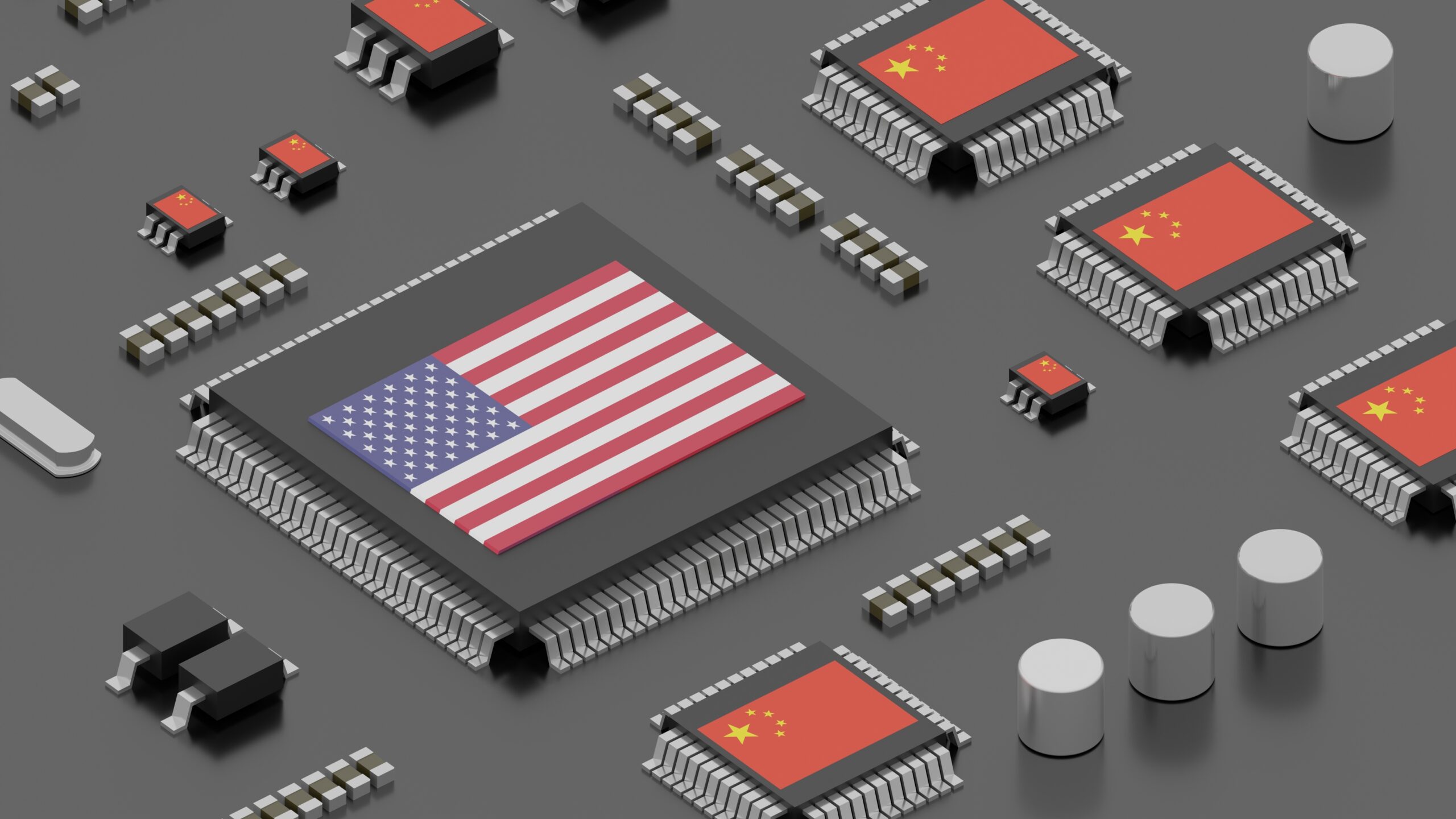
How the U.S. Can Maintain Its Edge in the Global Tech Race
Editor’s note: In February, The National Interest organized a symposium on the U.S.-China technology race amidst the emergence of DeepSeek and ongoing legal battles over TikTok. We asked a variety of experts the following question: “What are the three most important technology policies that the U.S. should pursue or avoid to compete adequately with China?“ The following article is one of their responses.
The three most important technology policies the U.S. should pursue to compete adequately with China:
- The U.S. should continue implementing and refining export controls and investment screening mechanisms to limit China’s access to critical technologies, particularly in artificial intelligence, quantum computing, and advanced semiconductors. However, these controls should be carefully calibrated to avoid excessive restrictions that could harm U.S. competitiveness.
- The U.S. should increase investments in research and development, education, and domestic manufacturing capabilities, especially in key emerging technologies. This “offensive” approach aims to bolster America’s technological strength and reduce dependence on foreign supply chains.
- To create a coordinated approach to technology development and standards-setting, The U.S. should focus on consolidating partnerships with allies and partners, particularly the EU, Japan, South Korea, and Taiwan. This strategy helps maintain U.S. technological leadership while countering China’s influence in global tech ecosystems.
The U.S. should be cautious about:
- Implementing excessively wide-ranging technology controls could harm U.S. companies’ ability to compete globally and potentially accelerate China’s push for technological self-sufficiency.
- The U.S. should avoid underestimating the importance of data protection and develop a comprehensive framework for managing data security risks associated with Chinese access to U.S. data and software.
- The U.S. should not assume its technological superiority is guaranteed and must remain vigilant to maintain its competitive edge.
About the Author: Mordechai Chaziza
Dr. Mordechai Chaziza is a senior lecturer at the Department of Politics and Governance and the Multidisciplinary Studies in Social Science division at Ashkelon Academic College (Israel) and a Research Fellow at the Asian Studies Department, University of Haifa, specializing in Chinese foreign and strategic relations.
Image: Shutterstock